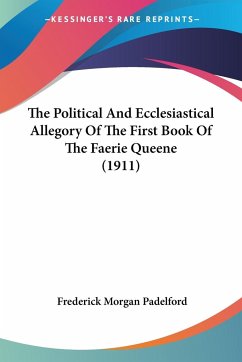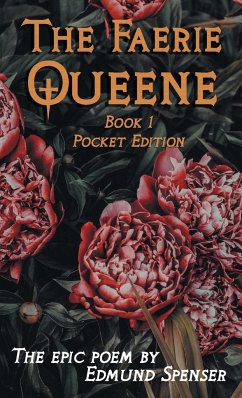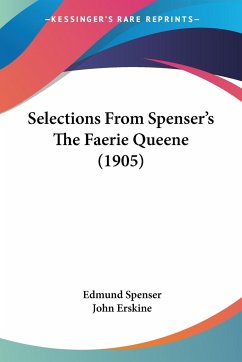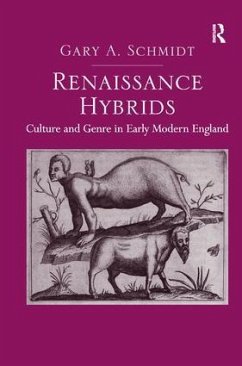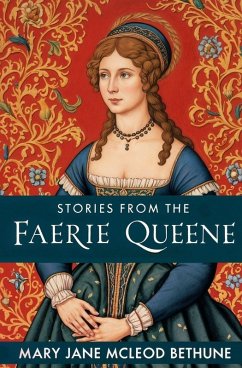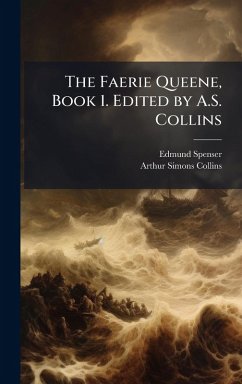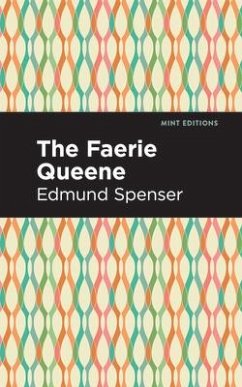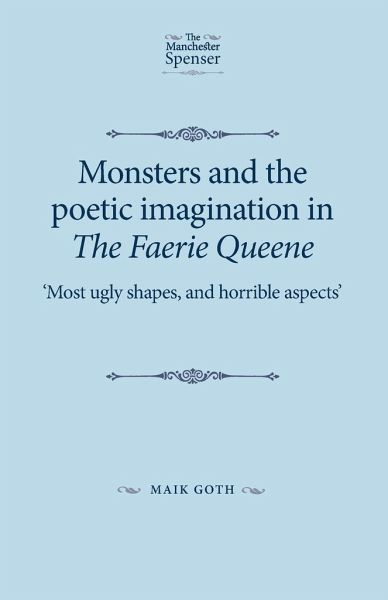
Monsters and the poetic imagination in The Faerie Queene
'Most ugly shapes, and horrible aspects'

PAYBACK Punkte
17 °P sammeln!
The first ever book-length account of Spenser's monsters and their relation to the poetic imagination in the Renaissance.




